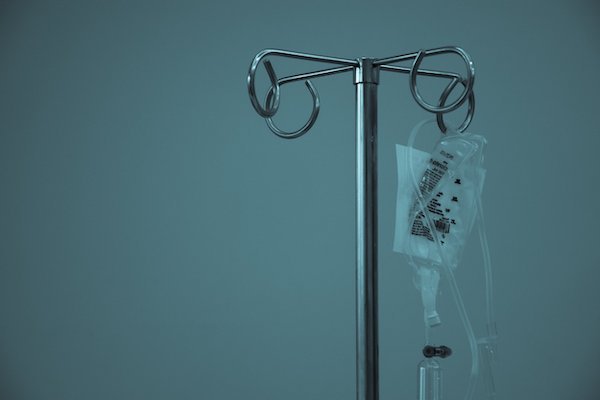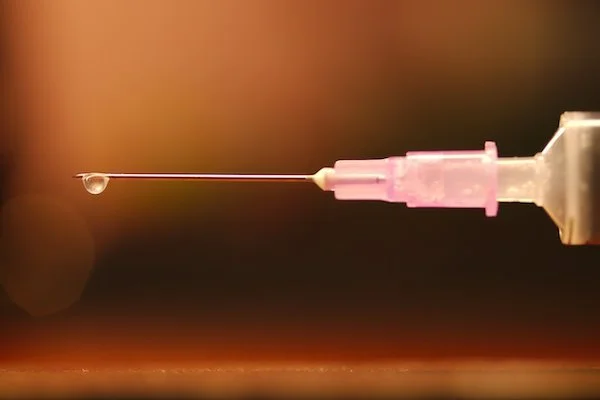Frequently Asked Questions
how does ketamine work?
The exact mechanisms by which ketamine works for mental health symptoms are not yet fully understood. Ketamine is believed to work by blocking the action of a neurotransmitter called glutamate in certain parts of the brain, which can lead to increased levels of another neurotransmitter called brain-derived neurotrophic factor (BDNF). BDNF is thought to promote the growth and survival of neurons, which may help to reverse the effects of chronic stress on the brain and alleviate depression. Some researchers believe that depression may be related to inflammation in the brain, and that ketamine may have anti-inflammatory properties that can reduce inflammation and improve mood. Ketamine may also enhance the brain's ability to form new neural connections and pathways, which may help to reverse the effects of depression on the brain.
Is it safe?
When used in a therapeutic setting, ketamine is generally considered very safe - there have been no deaths reported. Ketamine does not cause the respiratory depression that is characteristic of other controlled medications like opiates & benzodiazepines (xanax, klonipin, etc). This is one of the reasons it's used often in kids! It has been difficult for scientists to determine a “lethal dose” of ketamine as the overwhelming majority of deaths involving the medication also involve other drugs and/or alcohol. Ketamine is also safe to take along with traditional antidepressants like SSRIs or SNRIs (prozac, lexapro, effexor, cymbalta, zoloft, etc) whereas other psychedelic substances like psilocybin, MDMA, and LSD can have dangerous interactions with serotonin agents.
Is it addictive?
Ketamine is a Schedule III controlled substance which means the FDA considers it to have “mild to moderate abuse potential.” There aren’t good statistics on how many people actually become addicted to ketamine. In fact, ketamine can be useful in treating those recovering from addiction to other substances. Again, when used in a therapeutic setting this really shouldn’t be a concern. Your sessions will be spaced out appropriately with all potential risks taken into consideration.
Can ketamine help with anxiety?
Yes! In addition to depression, there is evidence that ketamine can be helpful in treating symptoms of anxiety, PTSD, Bipolar Depression, OCD, and chronic pain.
Why intramuscular as opposed to oral or IV ketamine?
First off, oral ketamine is very unpredictable. Oral ketamine is not just a pill that you swallow. It comes as a lozenge or troche that you must hold in your mouth for 12+ minutes as it dissolves and is absorbed through your mucous membranes (the surface of the inside of your mouth). And it doesn’t taste great. If you do swallow it, you risk experiencing delayed-onset side effects due to what’s known as “second pass” metabolism with oral dosing. Additionally, the bioavailability of oral ketamine is appx 15-25% which means only that amount of your dose gets absorbed into your bloodstream. With intramuscular ketamine, the bioavailability is over 90% so it guarantees much more predictable results. IV ketamine has similar bioavailability, but it’s much more invasive. For an IV infusion you remain hooked up to an IV for the duration of your ketamine session which can be uncomfortable & anxiety-provoking. There is also a higher risk of infection with IV access versus intramuscular injection.
Why do i need therapy & not just the medication?
Studies have shown that the medication will reduce depressive symptoms on its own. However, incorporating therapy can maximize the positive effects & make them more sustainable.
Why shouldn’t I do ketamine at home with a virtual sitter?
Some companies offer in home ketamine sessions but the fact is, ingesting any psychedelic substance without professional support has risks. Having someone who is trained in holding space for KAP really makes the experience safer & maximizes treatment potential.
What are common side effects?
The most common side effect is nausea which occurs in about 5% of clients. We do offer an anti-nausea medication on the day of ketamine sessions.
How much does it cost? Is it covered by insurance?
Prices vary depending on individual versus group sessions, working with Hanna versus your regular therapist for integration, and number of sessions purchased (we do offer packages). Ketamine-Assisted Psychotherapy is not covered by insurance at this time.
How many sessions will i need?
This will vary for most but generally 4-6 treatment sessions are recommended. This doesn’t mean that 1 or 2 sessions won’t be helpful. Most clients report benefit from each individual ketamine session but to ensure sustainable progress research suggests at least 4 treatment sessions.
How often will I have treatment sessions?
Ketamine treatment sessions should be spaced out to maximize integration in between sessions. Weekly or biweekly (every other week) is an appropriate cadence, but spacing them out further isn’t discouraged.
Do I have to stop my regular psychotropic medications?
Contrary to other psychedelics, you DO NOT have to stop taking other antidepressant medications like SSRIs, SNRIs, and/or wellbutrin. Most other psychotropics & other medications are also safe with ketamine. There are a few contraindications such as daily benzodiazepine use & these will be discussed more extensively during your medical evaluation.


